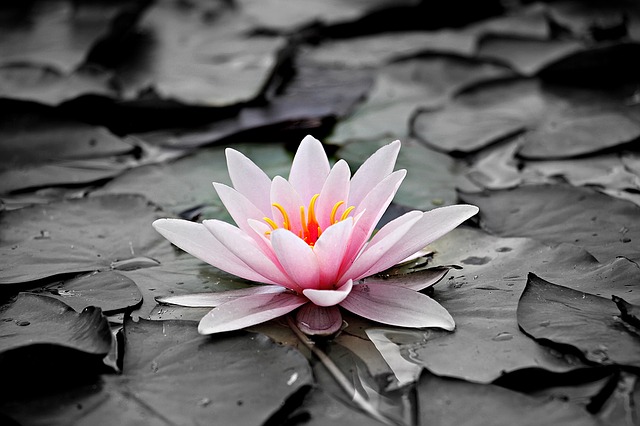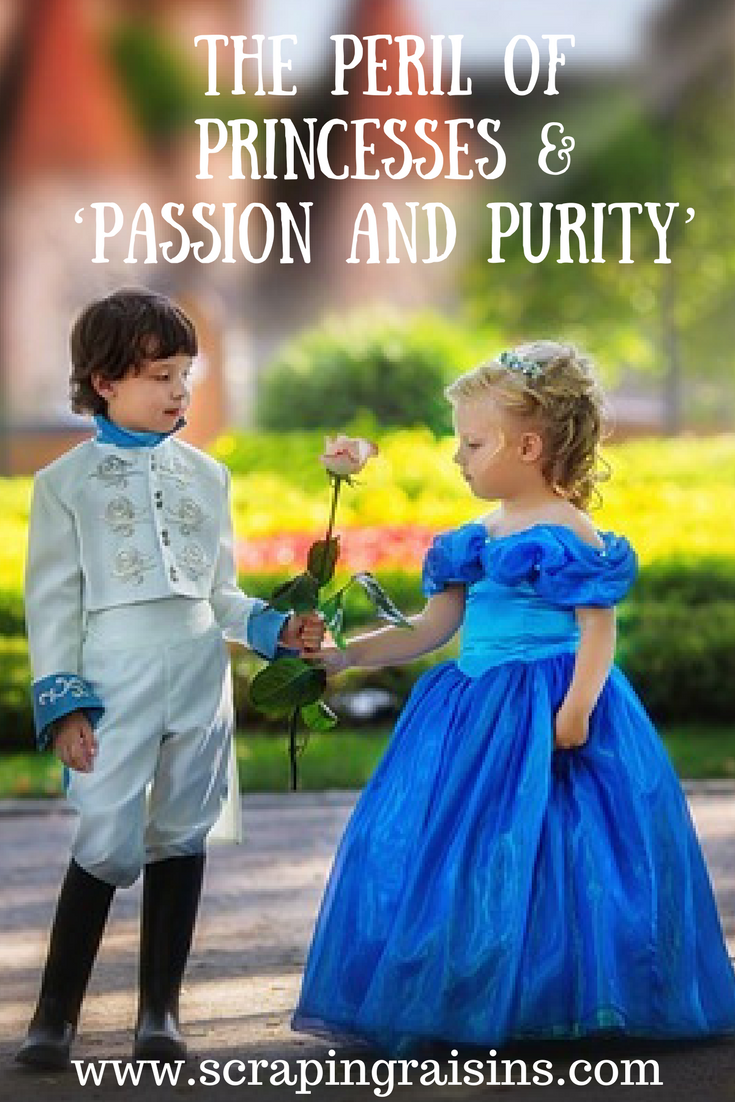
By Lydia Rueger | Twitter: @larueger
I recently read Leslie Verner’s blog post, The Peril of Princesses & ‘Passion and Purity,’ and though I’ve never read Passion and Purity, as a mom of a 12-year-old girl, I have some thoughts on the princess part.
Verner writes, “I don’t want her (my daughter) to worship Falling in Love, but I don’t want her to fear it, either. Instead, I hope she will know she is special, adored and valuable because she is made in the image of God.”
Me, too, for my daughter.
She also writes, “I also want to avoid being duped by the media and marketers targeting my three year old girl.”
Me, too, when my girl was three, and also now.
But I think she’s giving too much long-term credit to movie makers, marketers, and media, and not enough credit to the growing minds of little girls themselves, their hard-working moms, and other strong female influences in their lives.
As my daughter has grown up a bit, the things she likes and watches have become both more complicated and interesting than the love stories surrounding Disney princesses. Post-princess-era, my daughter met Hermione Granger from the Harry Potter series, who, in both book and movie form, is a girl who is best friends with two boys, and known for her intelligence and love of study.
And Ginny Weasley, thought to be “too popular for her own good,” by Ron and Harry in Harry Potter and the Half-Blood Prince, is a quick-witted Quidditch player with mad wand skills.
And most recently, my daughter discovered the female characters Eleven and Max from the Stranger Things series—brave girls who overcome difficult circumstances and who were friends with the boys first. These four girl characters all grow to like certain boys in their worlds over time, but their feelings for these boys are secondary to their strength, and to other things they have going on.
Another thing I’ve realized is that what I focus on in a certain movie is often not what my daughter will remember or even care about. I was a bit of a boy-crazy kid, so I understand what Verner means when she says she doesn’t want falling in love to be her daughter’s sole focus. But who’s to say that it will be, because it was for our generation?
I asked my own daughter recently who her favorite Disney princess was. I predicted she’d say Ariel. “No, she’s dumb,” she said. “Why?” I asked. “Because she just signs a contract without reading it first.” My daughter chose Belle, but not for the love story or her smarts: “I don’t know,” she shrugged. “I just like her songs better.”
Often, for my girl, it’s the characters themselves and things they do that she likes most. Will this change? Most likely. But perhaps the good thing about today’s culture in which our daughters are bombarded with media messages is that they will need to be discerning enough to reject the messages that are not true, whether from Disney or elsewhere.
My prayer is that, with the help of God, me, her dad, and the other role models in her life, the positive messages will scream louder than the false ones, and she will choose honorably. And if she doesn’t, I pray she knows she is loved much more by God and by her family than messages from the world would have her believe.
***
About Lydia:
 Lydia Rueger is a mom of two, writer and editor for Colorado Parent (www.coloradoparent.com) magazine, and picture book writer pursuing publication. She’s other things, too. Learn more at www.lydiarueger.com
Lydia Rueger is a mom of two, writer and editor for Colorado Parent (www.coloradoparent.com) magazine, and picture book writer pursuing publication. She’s other things, too. Learn more at www.lydiarueger.com
**This post includes Amazon Affiliate links.
***
Thank you, Lydia, for sharing on Scraping Raisins today! Head over to her site to check out her writing!
Join me this month as we explore the theme of raising strong girls. I have way too many ideas and not enough time, but my goal is to post on Mondays, Wednesdays and Fridays this month. Shoot me an email at scrapingraisins (dot) gmail (dot) com if you’d like to guest post on this topic.
As it’s sex trafficking awareness month, I’ll also be sharing some resources on that topic. Sign up for my mid-month digest and end-of-month secret newsletter to stay updated on all the posts as well as to get links to interesting books, podcasts, recipes and articles I’ve come across this month.
Sign up for my Mid-month Digest and Secret Newsletter Here:




